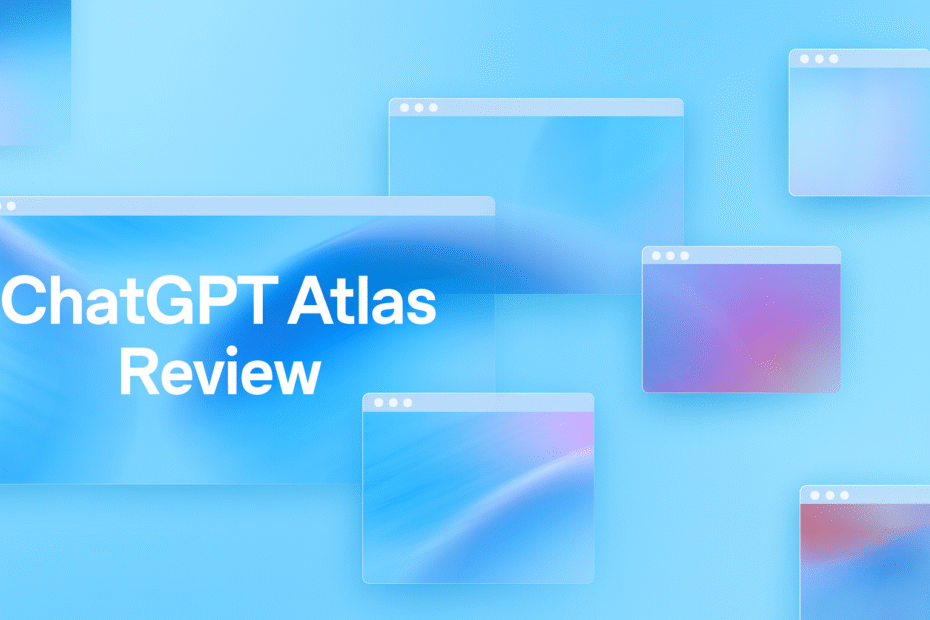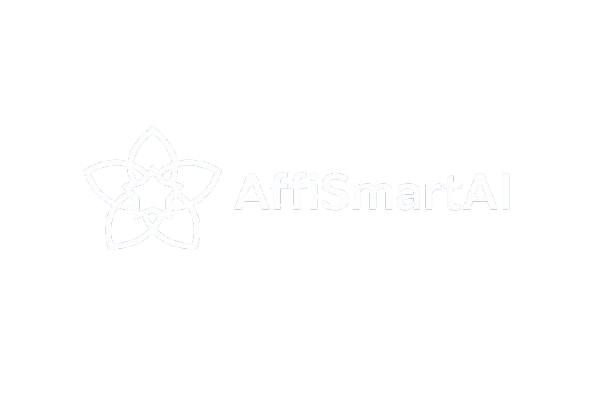OpenAI Launches ChatGPT Atlas – A New Era of Smart Browsing Begins
Introduction
On October 21, 2025, OpenAI officially launched ChatGPT Atlas — the world’s first web browser built around conversational AI. Unlike traditional browsers that only display information, Atlas understands context, summarizes content, suggests next actions, and automates tasks directly within every tab.
This major release signals a turning point for the internet experience:
→ From searching and clicking endlessly
→ To intelligent browsing driven by real-time AI understanding
Atlas is designed to solve the biggest problem of modern web usage:
Information overload and time-consuming manual workflows.
With ChatGPT built into the sidebar, memory features, and agent automation, Atlas enables:
- Faster research for creators and marketers
- Smarter workflows for professionals
- A cleaner, more productive browsing journey for everyone
What Is ChatGPT Atlas?
ChatGPT Atlas is a next-generation web browser developed by OpenAI, designed to integrate conversational AI directly into the core browsing experience. Instead of merely showing websites, Atlas is capable of understanding content, interpreting user intent, and taking intelligent actions on your behalf — all within a single interface.
A Browser Reinvented for the AI Era
Powered by the same advanced foundation as ChatGPT, Atlas has been specifically optimized for interactive web use. This enables the browser to read, analyze, and summarize information in real time, transforming passive browsing into smart productivity.
Built for Modern Workflows
Atlas introduces a new way of navigating the web:
- No more endless tab-switching
- No more copying/pasting between tools
- No more information overload
ChatGPT is embedded into every tab, ready to assist whenever needed — making browsing more intuitive, guided, and efficient.
Cross-Platform Support
At launch:
- Available globally on macOS for Free, Plus, Pro & Go users
- Windows, iOS, & Android apps coming soon
This ensures widespread accessibility as the platform matures.
Key Features That Change the Way We Browse
ChatGPT Atlas introduces a set of pioneering features that go far beyond traditional browsing. These innovations are designed to reduce manual effort, eliminate distractions, and transform the browser into an intelligent assistant that actively supports your goals.
1. ChatGPT Integrated in Every Tab & Sidebar Assistance
Atlas embeds ChatGPT directly into each tab, allowing users to:
- Summarize any webpage instantly
- Ask questions about the content being viewed
- Request next action suggestions without leaving the page
- Generate text, insights, or comparisons in real-time
This continuous AI presence ensures a seamless workflow — no more switching between sites or tools to get help.
2. Context-Aware Memory for Personalized Browsing
Atlas introduces optional browser memory, enabling the AI to:
- Recognize ongoing tasks
- Recall previously visited websites
- Provide deeper, more relevant responses
- Suggest actions aligned with user goals
You remain in control — memory can be toggled on/off for privacy.
This feature enables browsing that feels tailored to you, not generalized like normal search engines.
3. Agent Mode for Multi-Step Automation
For Plus, Pro & Business users, Atlas includes Agent Mode — a breakthrough capability where AI can perform:
- Multi-step research
- Data comparison across multiple tabs
- Drafting and executing tasks online
- Initiating processes such as outreach or scheduling
Instead of manual micro-tasks, the browser becomes a powerful automation platform.
4. Enhanced Privacy & User Control
Despite its deep integration, Atlas maintains strong privacy practices:
- Full incognito mode with no memory storage
- Transparency over how data is used
- Memory and tracking settings controlled by the user
This builds trust — especially for professionals handling sensitive information.
5. Productivity Tools Built Into the Browser
Atlas brings smart utilities that help users complete tasks faster:
- Highlight any content → ChatGPT can rewrite/summarize instantly
- Create emails, reports, or posts based on webpage information
- Extract key insights without reading lengthy pages
AI is no longer an add-on — it’s the heart of the browser.
Why This Matters
ChatGPT Atlas is more than just an upgraded browsing tool — it represents a major shift in how we interact with the internet. Instead of searching, scrolling, and verifying information ourselves, Atlas takes on the heavy lifting by understanding context and delivering accurate answers instantly.
This matters because:
- Faster Information Access: No more jumping between tabs — Atlas brings the correct information directly to users.
- Smarter Decision-Making: With AI-verified sources and real-time understanding, users can trust what they read.
- Higher Productivity: Professionals, students, and researchers save hours each day thanks to intelligent automation.
- A More Personalized Web: The browser adapts to user intent, continuously learning and improving results.
ChatGPT Atlas marks the beginning of a browsing era where the web doesn’t just show information — it understands and works for you.
Use Cases: How You Can Apply Atlas Today
ChatGPT Atlas changes the browsing experience by turning the web into an intelligent assistant that supports real work — not just navigation.
For researchers and analysts, Atlas summarizes complex pages, tracks context, and delivers verified insights instantly. No more tab overload — just faster, smarter decisions.
For content creators and affiliate marketers, Atlas analyzes competitors, extracts key messages, and generates SEO-ready angles directly in the browser. It streamlines everything from research to publishing, making output faster and more strategic.
With Agent Mode, Atlas can complete multi-step workflows — comparing products, gathering data, or drafting content — while you stay focused on more important tasks.
It also helps business teams and consumers make better choices by organizing reviews, price comparisons, and recommendations in a single view.
Limitations & Things to Consider
While ChatGPT Atlas introduces a powerful new browsing experience, there are still a few limitations users should be aware of before fully relying on it.
First, Atlas is currently limited to macOS, meaning Windows and mobile users must wait for future releases. This may slow early adoption, especially for professionals who work across multiple devices.
Additionally, some features — especially Agent Mode and browser memory — are still in early development. Performance may vary, and automation might not cover all complex workflows just yet.
Privacy remains a key consideration. Because Atlas can store browsing context to improve results, users must carefully manage data permissions and adjust memory settings based on their privacy preferences.
And like any AI-driven system, it can still misinterpret content or require verification in high-stakes scenarios such as finance, healthcare, or legal research.
Overall, Atlas is highly promising, but users should approach with a balanced mindset: enjoy the advanced capabilities while staying aware of current limitations.
Final Thoughts
ChatGPT Atlas signals a major turning point in how people browse, search, and interact with the internet. Instead of forcing users to sift through endless tabs and scattered information, Atlas introduces a smarter way — one where AI understands context, assists proactively, and transforms the browser into a true productivity engine.
While some features are still evolving and platform support remains limited, the foundation is strong. Early adopters — especially marketers, researchers, and digital professionals — will gain the biggest advantage by integrating Atlas into their daily workflow now.
This is more than the launch of a new browser. It is the first step toward a future where the web becomes intuitive, personalized, and deeply supportive of real work.
The new era of smart browsing has begun — and those who embrace it early will shape what comes next.


